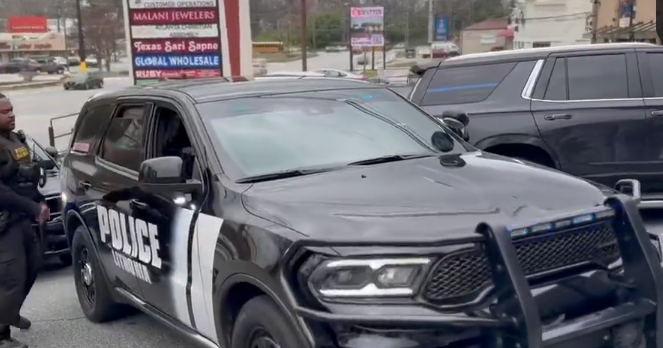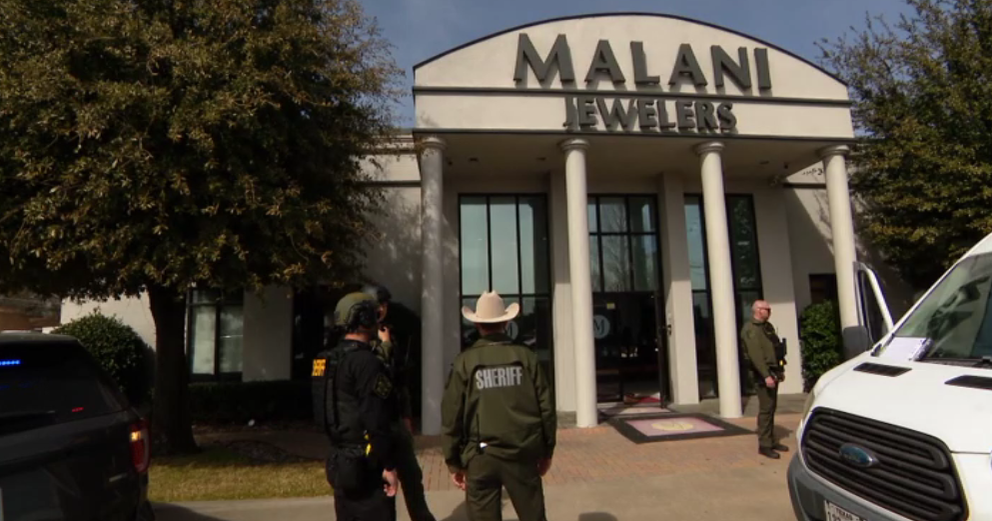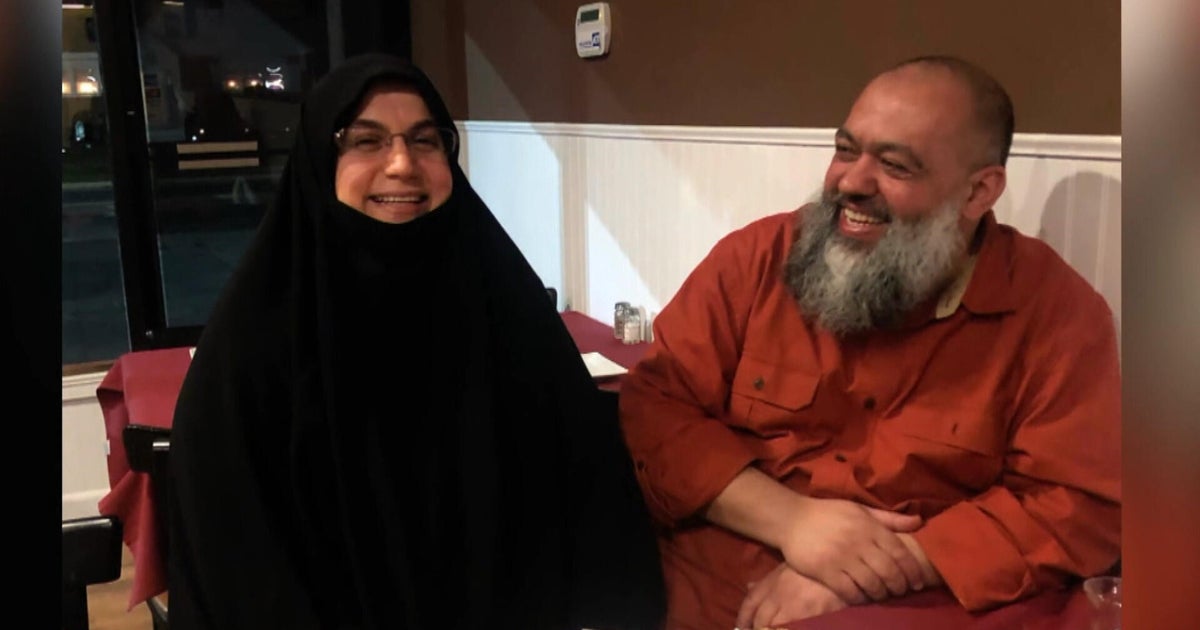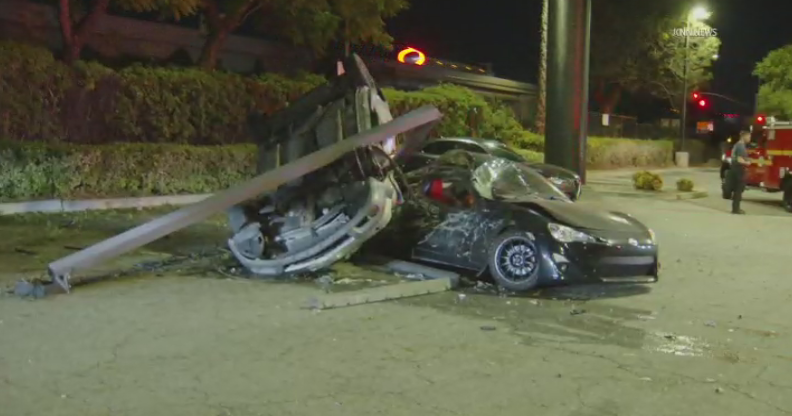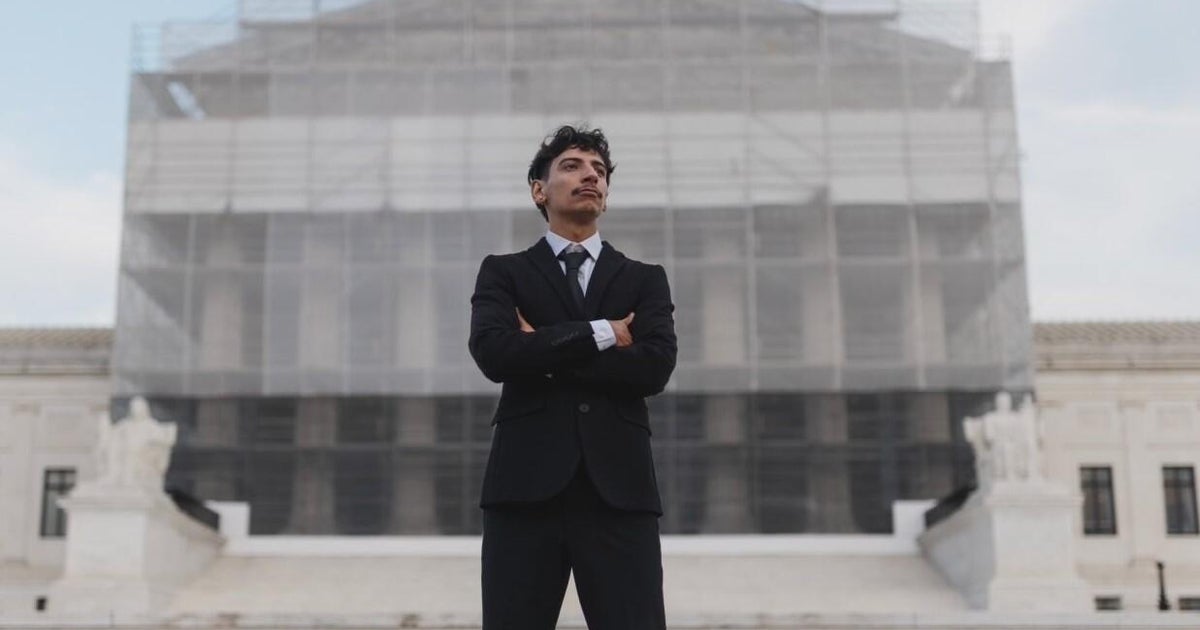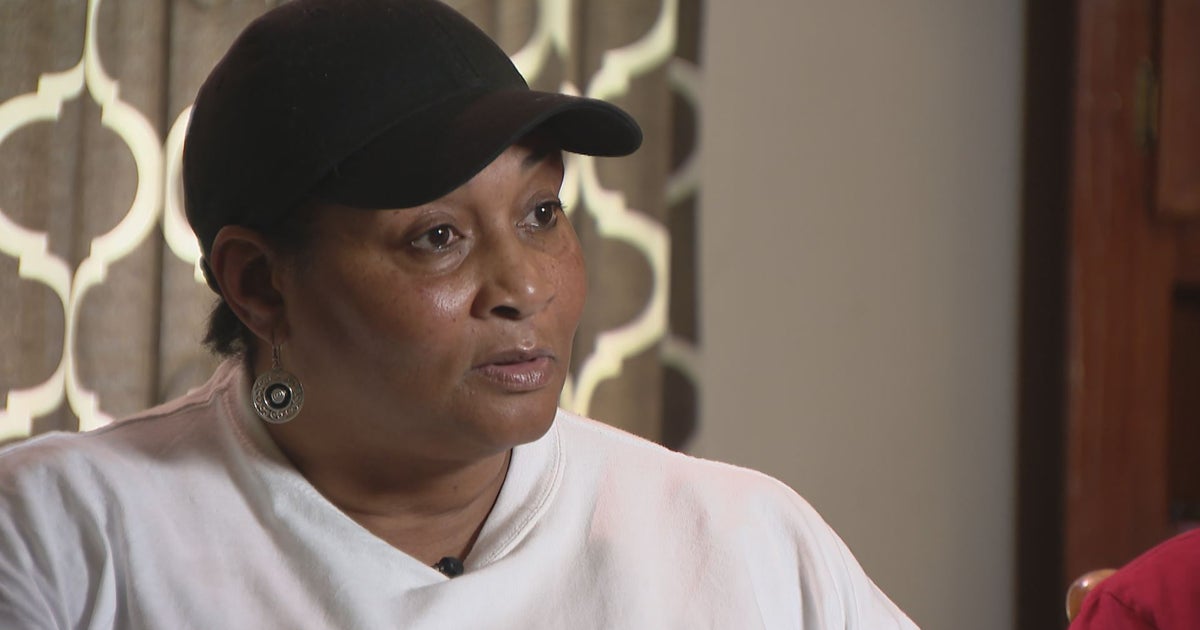DEA Raids Suspected Pill Mills Across South Florida
MIAMI (CBS4) – Federal agents from the Drug Enforcement Administration joined with local and state law enforcement officers for a massive tri-county sweep of suspected 'pill mills'.
The raids resulted in the closures of several pain clinics, the seizure of millions in cash and the arrests of nearly two dozen people -- including doctors, clinic owners and employees.
"When people come to Florida to buy these prescription painkillers, when there's no medical necessity, the results are the same -- death," said U.S. Attorney for the Southern District Wilfredo Ferrer.
One of the first suspected pill mills targeted in the crackdown was the Commercial Medical Group on Commercial Boulevard in Oakland Park.
Nearby business owner Diane Moore watched the raid.
"I looked out and there were no sirens, they just swarmed in, quite the sight," said Moore.
People who live and work near the suspected pill mills are grateful for the busts.
"I'm happy about it," said neighbor Fred Keebler. "It means whenever I drive by here at night I don't see 100 people standing outside a building with no name on it."
Federal agents said Commercial Medical is one of 7 clinics owned in Broward and Miami-Dade by Vincent Colangelo, of Davie. Investigators said Colangelo's businesses dispensed 660,000 oxycodone pills in a two-year period. Investigators also said Colangelo's operation earned him $150,000 per day.
By day's end, federal agents brought in dozens of high-priced and vintage cars to the DEA offices in Weston, many owned by Colangelo. The cars ranged from a 1970 Mustang to a Lamborghini. There was also a Mercedes McLaren, a Rolls-Royce and a Dodge Viper.
Colangelo is locked up in the Broward County Jail on federal charges.
A pill mill is a doctor, clinic or pharmacy which prescribes or dispenses powerful prescription drugs for non-medical reasons.
Broward County has seen a meteoric rise in the number of pill mills in the county; they have more than doubled from 2008 to 2009.
Pill mill clinics come in 'all shapes and sizes,' but investigators say more and more are being disguised as independent pain-management centers. Many of these operations don't require a physical exam or x-ray, customers just pick up their prescription at "their" pharmacy.
The operation was called "Operation Pill Nation" and was meant to shut down the busiest clinics that give out millions of narcotics.
One of the physicians arrested Wednesday was Dr. Zvi Perper, the son of Broward Medical Examiner, Dr. Joshua Perper. When asked about the allegations, Zvi Perper called them, "Untrue."
The DEA says this is only the beginning of their efforts to dismantle a deadly business that kills seven people a day in Florida. They say the pill mill problem is so rampant in South Florida that other states have dubbed I-95 the Oxy Express.
According to DEA spokesman David Melenkevitz, there are approximately 300 to 400 law enforcement personnel involved in this operation and they expect more arrests and more clinics to be closed in the near future.
But that battle may become tougher under a new plan from the Governor's office.
Earlier this month Governor Rick Scott said he wants to repeal the state's yet-to-be-implemented prescription drug tracking law and computer data base which was designed to crack down on "pill mills."
Scott spokesman Brian Hughes said that the electronic monitoring delayed by contract challenges, may not be as effective as advocates claim. The governor also was worried it might infringe on patients' privacy, he said.
The proposed repeal, though, drew sharp opposition from the Florida Academy of Pain Medicine. The doctors' group issued a statement saying such a system would be "the single most effective weapon in the battle to shut down Florida's so-called pill mills."
The repeal also drew the ire of Broward County Sheriff Al Lamberti, who has to fight the pill mills that pop up almost every day.
"When I was appointed in 2007, there were four pain clinics; now there are 130," Lamberti said. "There are more pain clinics than McDonald's."
The issue is so important to Lamberti that he helped raise money to get the prescription drug monitoring program implemented. He said it is a necessity.
"That's why these drug traffickers come here," Lamberti told CBS 4's Carey Codd. "They know we don't have it. We need to finally join the rest of the country.
"Hopefully this operation will inform not only (Scott) but everybody in Tallahassee all the more the reason why we need that."
